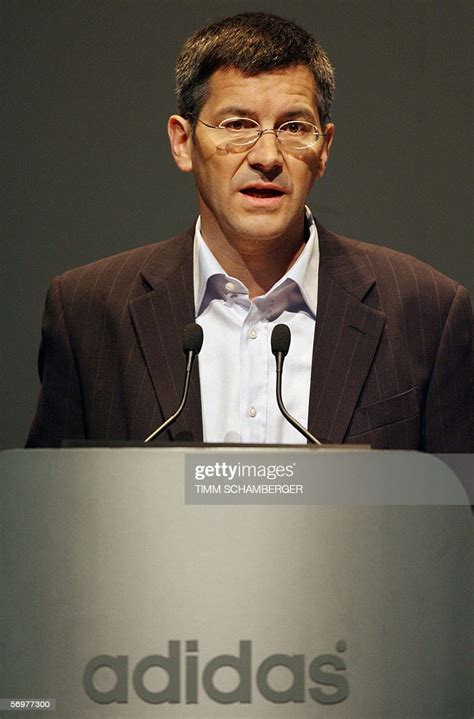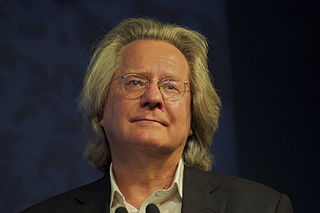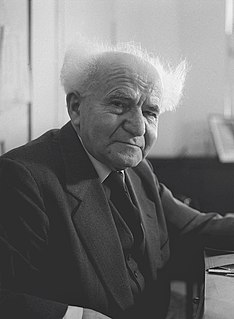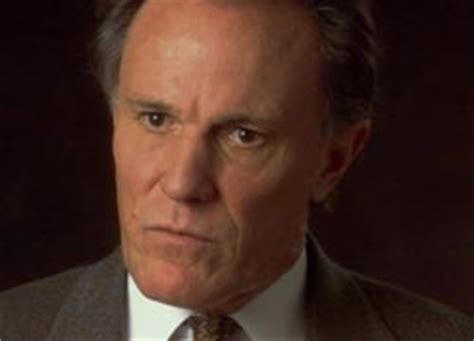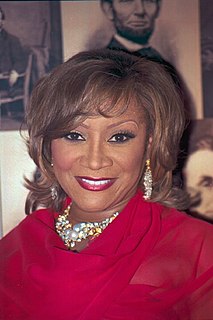A Quote by David Novak
A religious commitment coupled with theological awareness gives Jews a much better way to answer the claims made upon us by missionaries representing other religions than do the rather weak political and cultural arguments of the secularists.
Related Quotes
We take it for granted that Jesus was not interested in political life: his mission was purely religious. Indeed we have witnessed . . . the 'iconization' of the life of Jesus: 'This is a Jesus of hieratic, stereotyped gestures, all representing theological themes. In this way, the life of Jesus is no longer a human life, submerged in history, but a theological life -- an icon.
All religions are not the same. All religions do not point to God. All religions do not say that all religions are the same. At the heart of every religion is an uncompromising commitment to a particular way of defining who God is or is not and accordingly, of defining life's purpose.
Anyone who claims that all religions are the same betrays not only an ignorance of all religions but also a caricatured view of even the best-known ones. Every religion at its core is exclusive.
Religious apologists complain bitterly that atheists and secularists are aggressive and hostile in their criticism of them. I always say: look, when you guys were in charge, you didn't argue with us, you just burnt us at the stake. Now what we're doing is, we're presenting you with some arguments and some challenging questions, and you complain.
Way down deep the American people are afraid of an entangling relationship between formal religions - or whole bodies of religious belief - and government. Apart from constitutional law and religious doctrine, there is a sense that tells us it's wrong to presume to speak for God or to claim God's sanction of our particular legislation and his rejection of all other positions. Most of us are offended when we see religion being trivialized by its appearance in political throw-away pamphlets.
Who has inflicted this upon us? Who has made us Jews different from all other people? Who has allowed us to suffer so terribly uptill now? It is God that has made us as we are, but it will be God, too, who will raise us up again. If we bear all this suffering and if there are still Jews left, when it is over, then Jews, instead of being doomed, will be held up as an example.
Those who today murdered our people in an ambush not only plotted to murder some Jews but intended to provoke us... The Arabs stand to gain from such a development. They want the country to be in a state of perpetual pogrom.... Any further bloodshed [by the Jews] will only bring political advantage to the Arabs and harm us... Our strength is in the defense... and this strength will give us political victory if England and the world will know that we are defending ourselves rather than attacking.
Scientists and theologians can’t offer better than circular arguments, because there are no other kinds of arguments. Bible believers quote the Bible, and scientists quote other scientists. How do either scientists or theologians answer this question about the accuracy of their conclusions: “In reference to what?
Here's the thing about faith: It gives us the strength to go on when we want to give in. It gives us the courage to get up when we want to lie down. It gives us the power to make a way out of no way when there ain't no way. Just as love can't make you strong until love has made you weak, well, faith can't lift you up until life has knocked you down. With faith or without it, we can't stop the waves. But with it, we don't need to. Because with it we can ride the surf.





